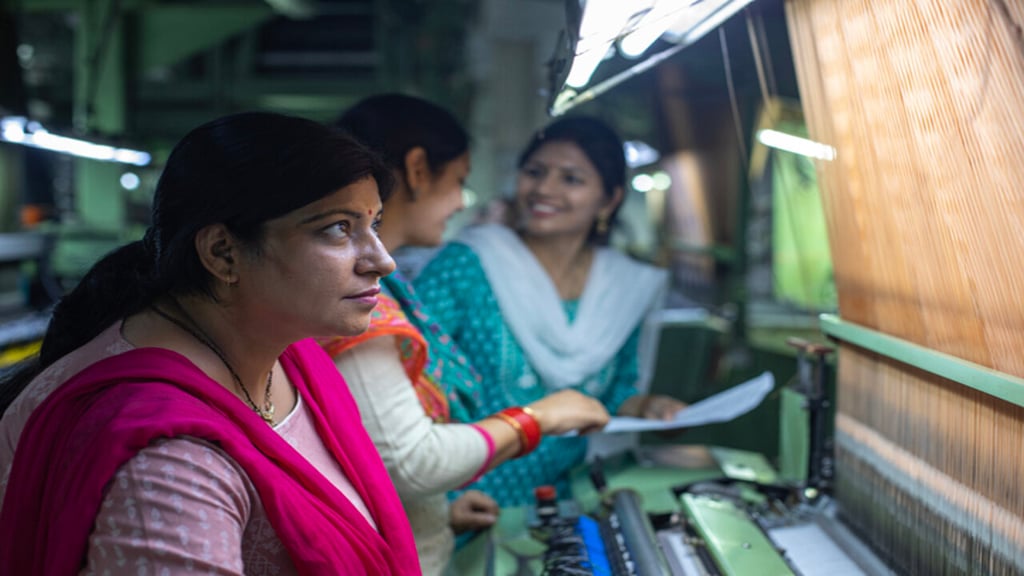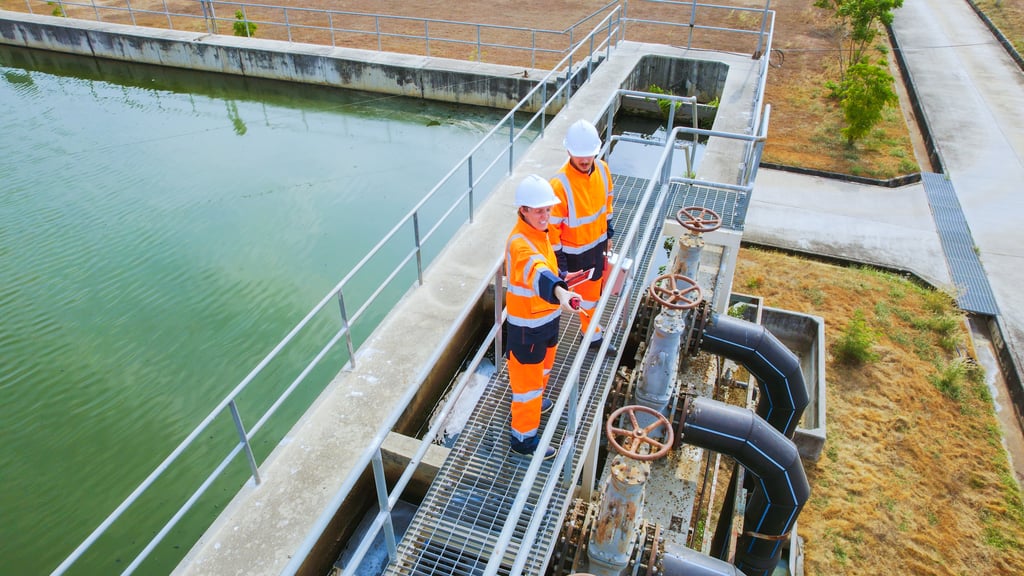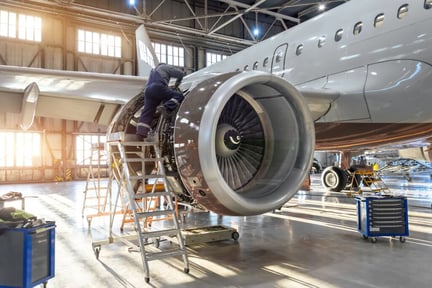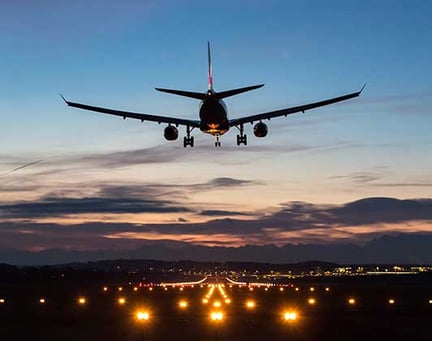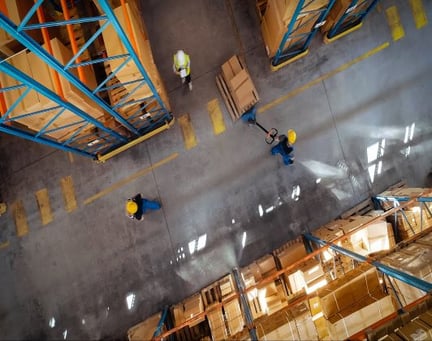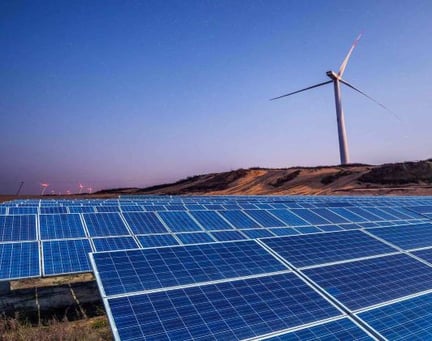As the aviation industry accelerates its journey towards net-zero carbon emissions by 2050, COP28's recent aviation forum underscored the critical need for collaboration among governments, the finance sector and the energy industry.
As the aviation industry accelerates its journey towards net-zero carbon emissions by 2050, COP28's recent aviation forum underscored the critical need for collaboration among governments, the finance sector and the energy industry. Recognising the sector's responsibility for approximately 2.5% of global greenhouse gas emissions, stakeholders are now embarking on accelerated efficiency initiatives, energy transitions and technological innovations to achieve ambitious sustainability goals.
Governments worldwide, in collaboration with the aviation industry, have made significant pledges and agreements to foster clean energy transitions. Notably, the Clean Energy Transition Partnership (CETP) has gained momentum, with signatories including influential nations such as the US, Canada and the UK. These commitments also extend beyond national borders, as G7 countries pledge to halt funding for fossil fuel development abroad. These international agreements reinforce the global shift towards renewable energy sources and reduction of greenhouse gas (GHG) emissions, aligning with the net-zero 2050 goals set by the UN's International Civil Aviation Organisation (ICAO).
Reducing emissions through operational efficiency and infrastructure improvements is a long-term commitment for aviation operators and suppliers.
Strategic focus areas
At COP28's global sustainable aviation forum, key focus areas emerged, providing strategic direction for industry leaders. Two critical domains, infrastructure operational improvements and energy transition to renewables, are particularly relevant for LRQA clients. Recognising the significance of these areas, LRQA is poised to support aviation companies in their commitment to sustainability.
Reducing emissions through operational efficiency and infrastructure improvements is a long-term commitment for aviation operators and suppliers. The industry is witnessing a cascade effect as emission reduction criteria extend downstream into supply chains, influenced by emerging national legislations and international standards. LRQA certification to ISO 14064 – the international standard for GHG emissions assessment – empowers clients to develop consistent, flexible and transparent voluntary GHG inventories. The adoption of Science-Based Targets Initiative (SBTI) by major Original Equipment Manufacturers (OEMs), such as Airbus, further underscores the industry's commitment to sustainability.
In the European Union, directives like the Industrial Emissions directive, Renewable Energy directive, and RefuelEU are also shaping the reporting landscape for aviation companies. The focus on climate-related financial disclosures is intensifying, driven by investor expectations, regulatory requirements, and public demand for transparency. LRQA, with its emissions reporting and verification team, stands as a reliable partner for aviation companies navigating this complex regulatory environment.
Bespoke solutions for verification and reporting excellence
LRQA's tailored carbon reduction projects, beginning with comprehensive carbon footprint mapping workshops, empower senior management teams to identify and address emissions sources across key functions and processes. Specialists at LRQA conduct in-depth examinations of company operations and energy consumption, providing clients with carbon inventory reports aligned with aviation-specific Key Performance Indicators (KPIs).
As data verification and reporting gain prominence in aviation company assessments, LRQA also offers expertise in independently verifying emissions data. This facilitates independent reporting in compliance with various carbon accreditation requirements, including widely recognised frameworks from the Carbon Disclosure Project (CDP), the Task Force on Climate-Related Financial Disclosures (TCFD), the International Financial Reporting Standards (IFRS) foundation, plus aviation-specific initiatives like the Carbon Offsetting and Reduction Scheme for International Aviation (CORSIA).
In the pursuit of net-zero carbon emissions by 2050, the aviation industry stands at a crucial juncture. COP28's aviation forum showcased a united commitment to sustainability and a willingness to collaborate and innovate in order to achieve it. LRQA, with its strategic expertise, is prepared to guide aviation companies and their supply chains towards a greener future, offering tailored solutions to meet evolving regulatory standards and market expectations. As the industry embraces cleaner energy and operational efficiency, LRQA remains a dedicated partner in the quest for a more sustainable aviation sector.


